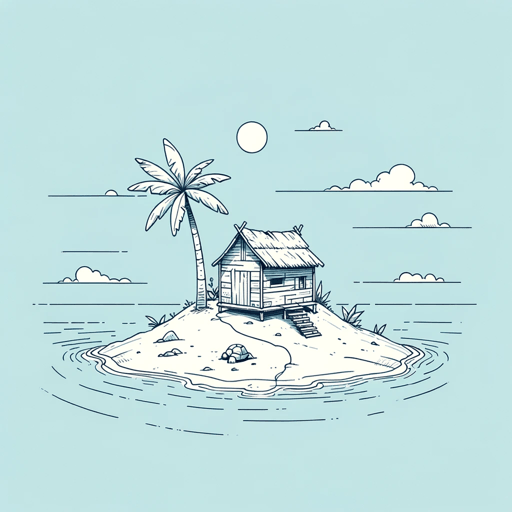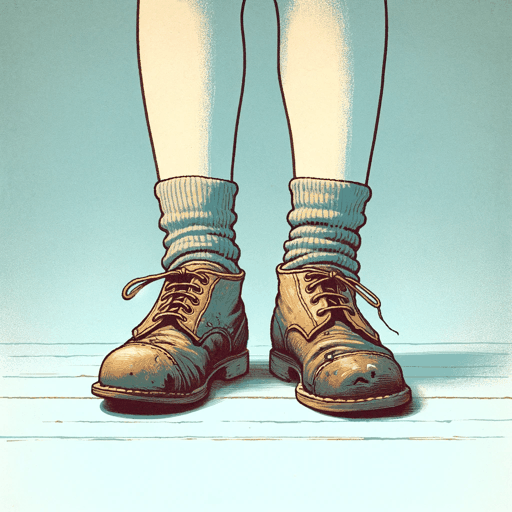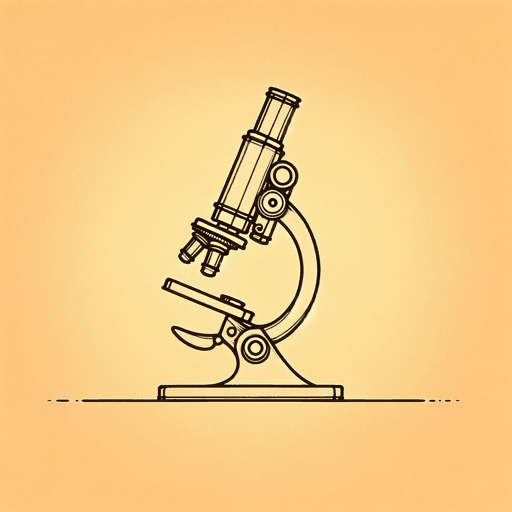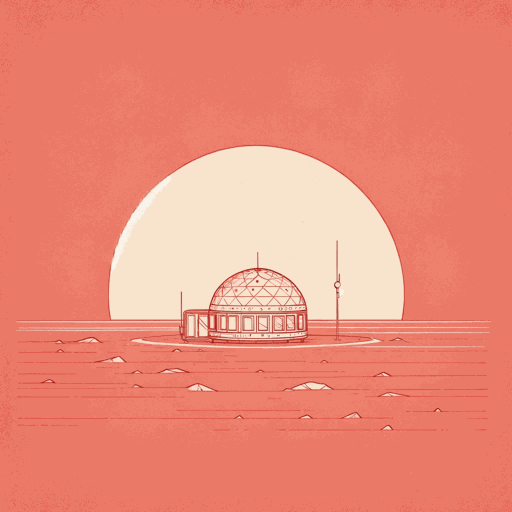44 pages • 1 hour read
Jennifer L. HolmTurtle in Paradise
Fiction | Novel | Middle Grade | Published in 2010A modern alternative to SparkNotes and CliffsNotes, SuperSummary offers high-quality Study Guides with detailed chapter summaries and analysis of major themes, characters, and more.
Important Quotes
“Everyone thinks children are sweet as Necco Wafers, but I’ve lived long enough to know the truth: kids are rotten. The only difference between grown-ups and kids is that grown-ups go to jail for murder. Kids get away with it.”
(Chapter 1, Page 3)
As the novel opens, Turtle shares her belief that most people are inherently “bad,” and kids are even worse than adults, since they are better at evading punishment. Turtle’s views are influenced by her unpleasant past experiences, however, her viewpoint is jaded and cynical and prevents her from seeing the good in others as well as the bad.
“Mama’s good at looking at the sunny side of life. […] I blame Hollywood. Mama’s watched so many pictures that she believes in happy endings. […] Me? I think life’s more like that cartoon by Mr. Disney—The Three Little Pigs. Some big bad wolf’s always trying to blow down your house.”
(Chapter 1, Page 10)
Turtle makes frequent allusions to the film, comic strip, and radio stories of her day. These stories serve as a point of comparison for real life as well as an escape from the pressures of life. Turtle’s reference to The Three Little Pigs is apt, since, like the pigs of the folk tale, Turtle dreams of owning a house of her own to share with her mother, but her dreams have been unrealized thus far.
“I think the color of a person’s eyes says a lot about them. Mama has soft blue eyes, and all she sees is kittens and roses. My eyes are gray as soot, and I see things for what they are. The mean boy on the porch has green eyes.”
(Chapter 2, Page 17)
Although Turtle insists that her viewpoint is more realistic than her mother’s, both are at opposite extremes. Sadiebelle is naive and optimistic, while Turtle is quick to assume the worst. Only through a series of mixed experiences that involve both good and bad parts does Turtle arrive at a more nuanced viewpoint.
Related Titles
By Jennifer L. Holm
Featured Collections
5th-6th Grade Historical Fiction
View Collection
7th-8th Grade Historical Fiction
View Collection
Action & Adventure
View Collection
Animals in Literature
View Collection
Appearance Versus Reality
View Collection
Art
View Collection
Books & Literature
View Collection
Books that Teach Empathy
View Collection
Childhood & Youth
View Collection
Class
View Collection
Class
View Collection
Community
View Collection
Daughters & Sons
View Collection
Earth Day
View Collection
Family
View Collection
Fathers
View Collection
Fear
View Collection
Fiction with Strong Female Protagonists
View Collection
Forgiveness
View Collection
Friendship
View Collection
Juvenile Literature
View Collection
Loyalty & Betrayal
View Collection
Memory
View Collection
Mothers
View Collection
Music
View Collection
Newbery Medal & Honor Books
View Collection
Trust & Doubt
View Collection
Truth & Lies
View Collection






